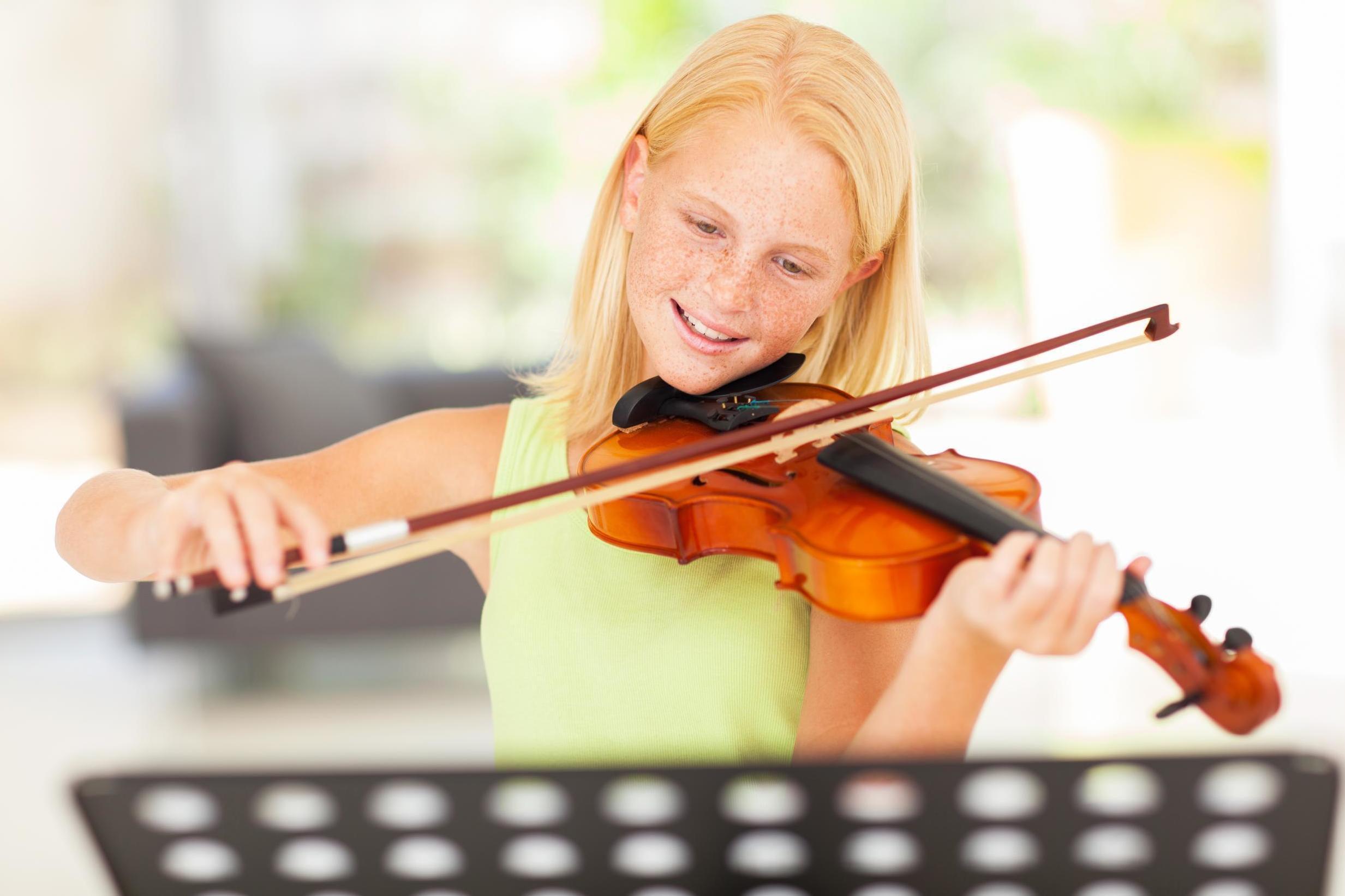10,000 hours of practice to be an expert? Research suggests otherwise
Practice doesn't actually make perfect

The widely acknowledged idea that putting 10,000 hours of practice into a task will make you an expert has been debunked in a new study.
The theory of deliberate practise was introduced in a 1993 paper that studied violinists and pianists, looking at how their skill increased with the amount of hours practised. Authors Ericsson, Krampe and Tesch-Römer concluded that activities designed to improve performance were the key to excellence, and not the result of “innate ability”.
It was then one of the main subjects of journalist Malcolm Gladwell's 2008 book, Outliers, which emphasised that the 10,000-hour rule is the key to success in any field.
However, new research suggests this may not be the case.
Brooke Macnamara and Megha Maitra from Case Western Reserve University in Ohio published findings coming to a different conclusion to the seminal 1993 study in the journal Royal Society Open Science.
"Once you get to the highly skilled groups, practice stops accounting for the difference. Everyone has practised a lot and other factors are at play in determining who goes on to that super-elite level," said psychologist Macnamara.
To test whether the 10,000 hour theory actually applies, researchers once again studied violinists, examining their practice habits.
The study concludes that the amount of deliberate practice explains “substantially less variance in performance among expert violinists than reported in the original study”, and that the skill difference between “elite performers” is based on numerous different factors, not just practice times.
"The factors depend on the skill being learned: in chess it could be intelligence or working memory, in sport it may be how efficiently a person uses oxygen,” Macnamara said.
Overall, amount of "deliberate practice cannot account for why some individuals acquire higher levels of expert performance than others," the researchers stated.
Join our commenting forum
Join thought-provoking conversations, follow other Independent readers and see their replies
0Comments